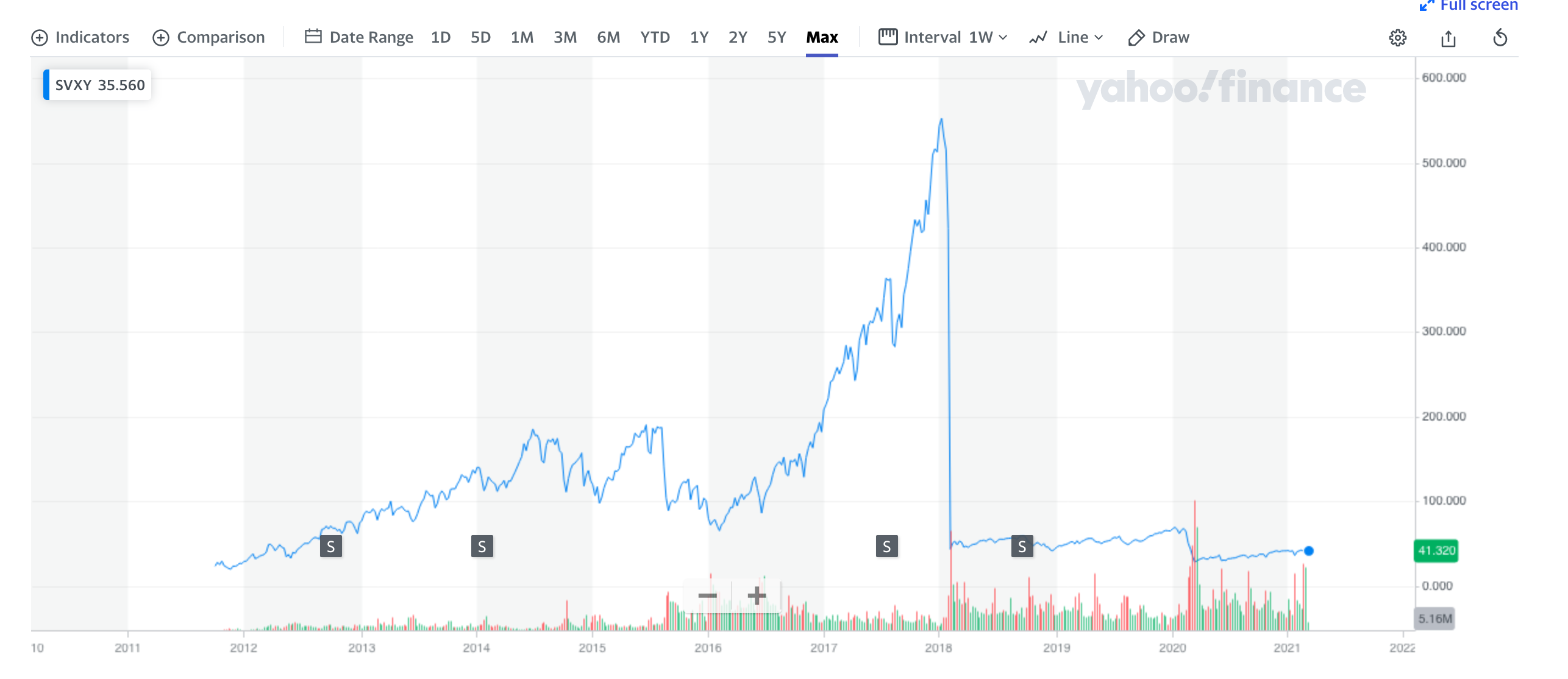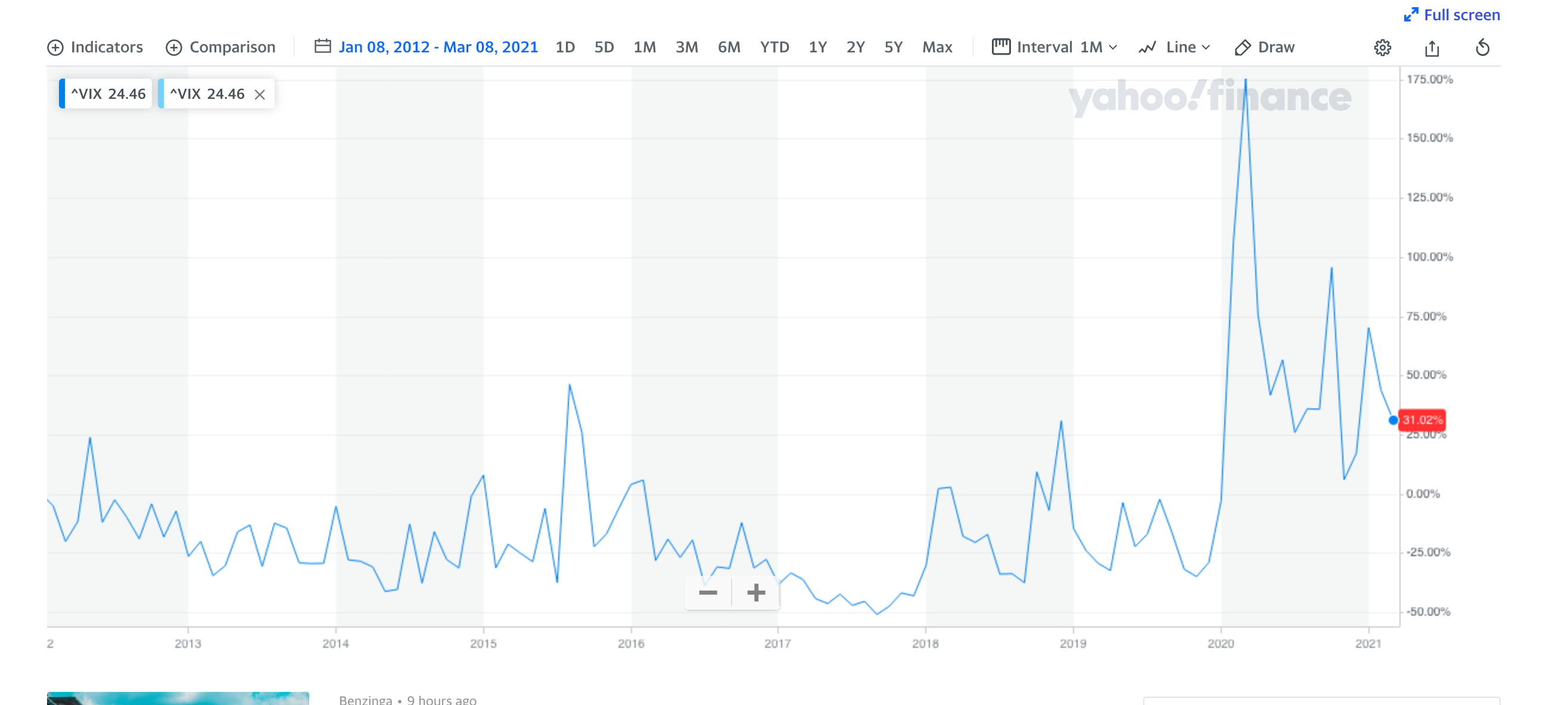TL;DR Leverage
"Upside risk" I am going to divide into two categories:
- Skewed returns - "Bets with a payoff which is either very large and positive; or small and negative"
- Outsized returns - "Bets with a higher mean return"
It seems to me that you're mostly thinking in terms 1. There are plenty of ways to do this systematically;
- buying options [Buying SPACs slightly above NAV is roughly equivalent to buying options]
- buying insurance
- buying early-stage growth stocks
- buying lottery tickets
- betting on dogs
They all have a range of distributions but largely they are money-losing (on average). The reasons for this are fairly straightforward. Everyone likes lots of upside, with limited downside, so those bets get bid up and their expected returns fall. Personally I think these are a bad thing to do systematically*. You need to be deriving some value from the "excitement" for these strategies to be compensating you for the average loss you're taking.
* Where you're hedging some personal risk and paying over the odds to do it (health/home insurance) then you should do it systematically.
More interesting to me is how can retail investors achieve 2. without losing their shirts. (You mentioned a few of these (selling options, EM equity)). Off the top of my head there are a few different ways to boost your returns systematically (roughly in order of how "good" I think they are for retail):
- Leverage
- Equity factors (momentum, value, etc)
- Vol risk premium
- FX/Rates carry, CDS premia, ...
- "Alpha"
People have already mentioned vol risk premium. (Mostly expounding it's virtues). To give a bear case on this. This strategy can definitely become crowded. Even before the March '20 sell-off, vol sellers had had a terrible run from 2018-2020. Personally I believe that VRP exists, but it's not a premium I'd want to collect as a retail account. The market is pretty sophisticated and most of the ways to express that trade are full of nasty gotchas.
There have also been a few discussions of alpha. (Or at least the idea that LW-ers can beat the market in some risk-adjusted sense). For someone uninterested in finance, I think this is extremely unlikely - and probably going to end badly.
I think leverage is broadly underrated by retail. Margin accounts are getting cheaper and cheaper, and running a leveraged (say) 60/40 portfolio is becoming increasingly viable. This will increase risk and returns. You will pay some cost for the leverage, but this is by far the cleanest way to boost your returns in my option.
Equity factors - momentum, value etc. There's hundreds of these factors now all with a range of "acceptance" within the finance community. Access to them is becoming much easier (factor ETFs are a thing).
Carry etc - ... There's a bunch of different strategies which fall into this bucket. I'm not going to say a huge amount about them because I think this is something which is really worth doing your own research on. They are accessible to smart retail investors, but you will need to think carefully about what your strategy is,


Hi! I've made ~800% over the last 6 months with a basic strategy of selling options on highly volatile stocks (which I am confident in) and buying cheap OTM options on less volatile stocks to take advantage of any black swans. One of those black swans was GME, and without GME I'd be closer to a 250% or so increase (take that how you will).
A pretty safe strategy imo is to put most of your account into near-NAV SPAC's, then use margin to sell puts on stocks you would like to own. The SPACs have very little downside risk, and selling puts is fundamentally less risky than owning the stock itself, but you have potentially high returns if the SPACs do well or you are selling puts on highly volatile stocks.
In general, I believe the average less wronger to be more intelligent than the average trader (possibly even the average professional trader) and thus capable of achieving steady returns which beat the market. Maybe this is just survivorship bias talking, though.
The average retail trader underperforms the market by 4-5% per annum before costs. Far worse than this after costs. Yes they have negative skill.
The average professional fund manager outperforms the market by less than 1% before the costs they charge to the punters. After costs they underperform.
The average professional fund manager works very hard and has studied finance for years.
My point is you need to do a lot better than average to win.